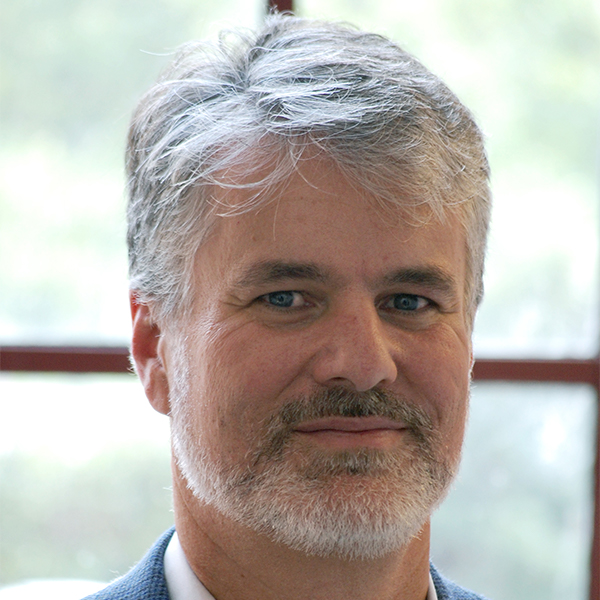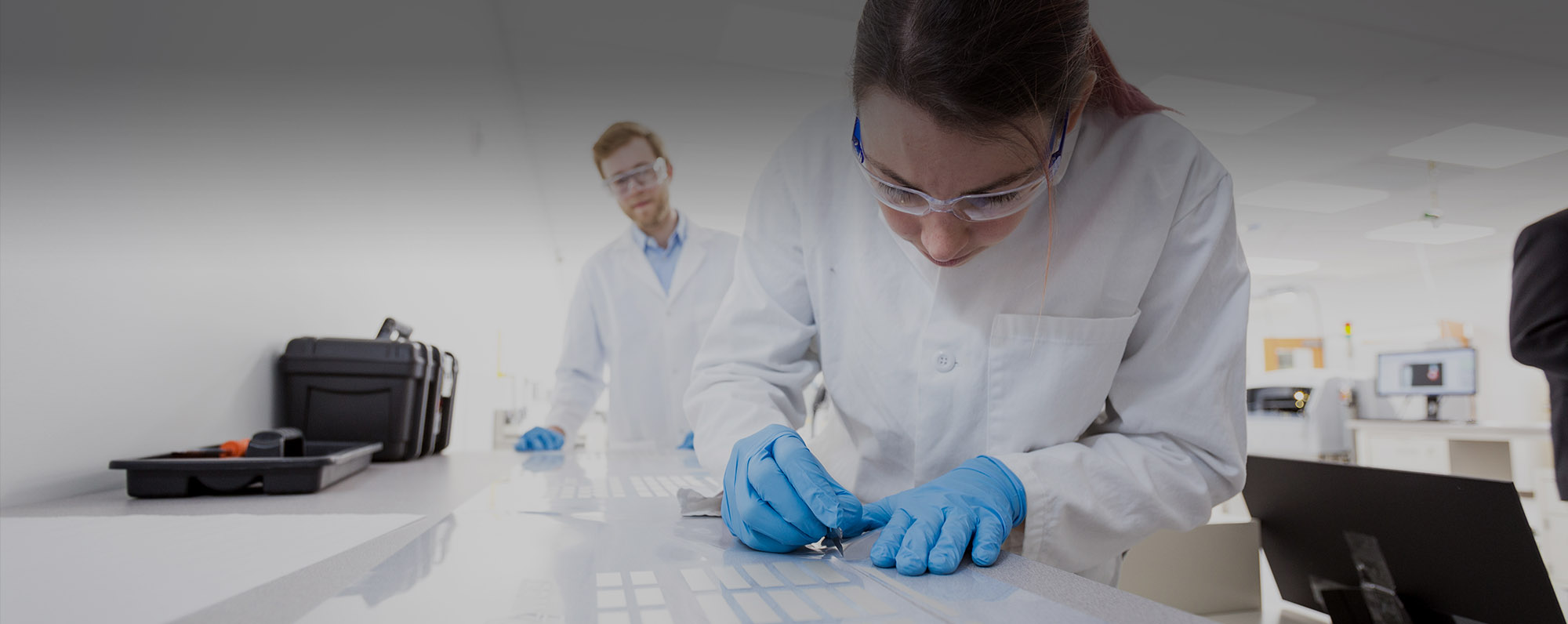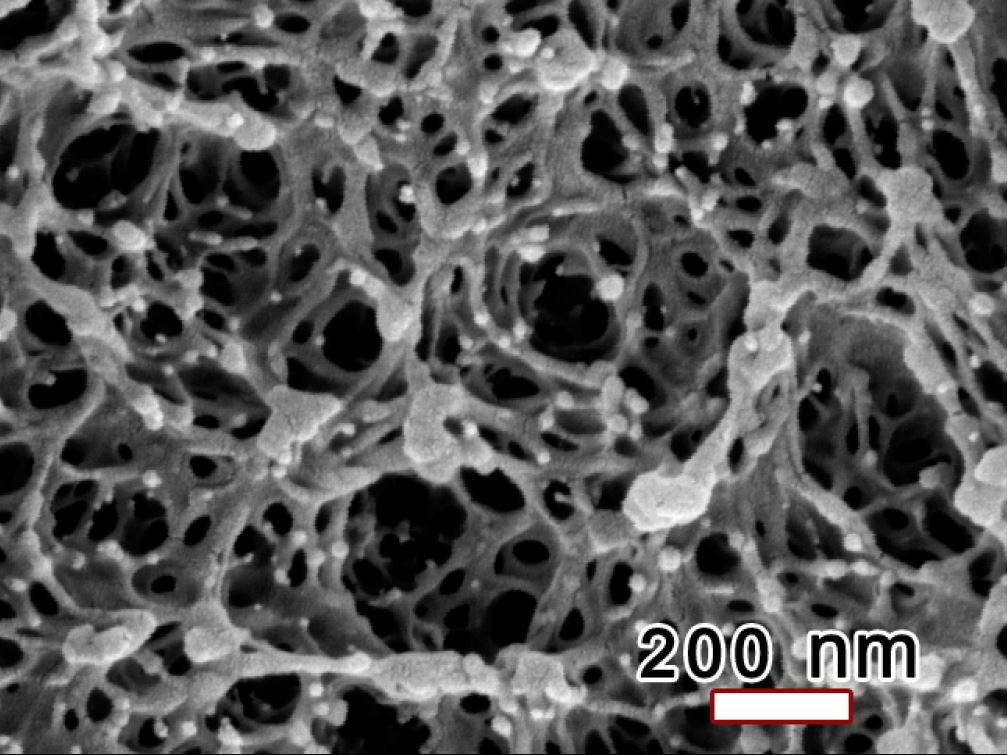
Vesicus will use Small Business Technology Transfer funds to develop nanostructured thin films for lithium-ion batteries at Testbeds
August 3, 2018
Vesicus, an advanced materials startup founded by University of Washington (UW) mechanical engineering alumnus Krishna Nadella (PhD ’09, MS ’02) and UW mechanical engineering professor Vipin Kumar, won $225,000 in Small Business Technology Transfer (STTR) funding to develop nanostructured thin films for lithium-ion batteries at the Washington Clean Energy Testbeds. The STTR program provides federal funding to cooperative research and development (R&D) initiatives between small businesses and research institutions. The UW Clean Energy Institute’s Washington Clean Energy Testbeds is an open-access facility for scaling next-generation clean energy devices and systems. Users from industry and academia can fabricate prototypes, test devices and modules, and integrate systems at the facility.
“The Testbeds enabled Vesicus to win this STTR award because they are specifically designed and equipped to support startup companies that need access to processing and characterization instruments,” said Nadella. “Often, companies like ours cannot afford this equipment unless they raise a lot of equity financing early on, typically before there is proof of product-market fit. More than just an office and lab space, the availability of both technical and business experts make the Testbeds a very effective place to build a clean energy startup.”
Vesicus develops and commercializes novel cellular materials made up of cells ranging from tens of micrometers down to single-digit nanometers in size. Its STTR-funded R&D will center on a nanoporous polymer thin film with an initial application as an ion-exchange membrane in lithium-ion (Li-ion) batteries. The nanoporous polyetherimide (PEI) film will have a higher porosity and thermal stability than the separators used in existing models. Compared to the current multi-step process for fabricating battery separators, Vesicus’ continuous process will also result in higher productivity, thereby increasing American global competitiveness in battery manufacturing. Vesicus is using the Testbeds’ roll-to-roll printer and characterization tools for this work.
Krishna Nadella has been a serial entrepreneur in commercialization of advanced materials for the last 16 years. After the “dramatic failure” of his first startup venture, Nadella returned to UW to partner with his Ph.D. advisor, Kumar. The pair decided to start a new company to commercialize advanced materials and other technologies developed in Kumar’s lab.
Nadella explained, “Our mission at Vesicus is to conduct the R&D needed to develop these novel cellular materials into many applications, each of which may need a specific business model suitable for the particular industry — in some cases it may be licensing, in other cases it may be manufacturing spinoffs, or in yet others it may be joint ventures.”

J. Devin MacKenzie, Washington Clean Energy Testbeds Technical Director and Washington Research Foundation Professor of Clean Energy, Materials Science and Engineering, and Mechanical Engineering at UW
Testbeds Technical Director J. Devin MacKenzie was instrumental in their venture into the Li-ion battery industry. “Devin taught us the various issues faced by the industry and was part of multiple brainstorming sessions centered on potential solutions to these issues using our materials technology and knowledge,” said Nadella. MacKenzie, a Washington Research Foundation professor of clean energy and associate professor of materials science and engineering and mechanical engineering at UW, has over 17 years of experience as a cleantech entrepreneur. His research group will play a key role in characterizing and measuring the performance of Vesicus’ novel materials.
“This type of collaboration is exactly what we envision for the Testbeds,” said MacKenzie. “Vesicus is bringing a key research innovation to market, which is imperative for a clean energy future. We’re excited to support startups like Vesicus with access to top-end instrumentation like our roll-to-roll printer, as well as advising services from technical and industry experts.”
Vesicus aims to develop a scalable design for testing by the end of the summer. Along with Li-ion batteries, other applications of these tunable cellular films include substrates for flexible electronic circuits, separators for the oil and gas industries, and filter membranes for biological technology. Upon successful completion of STTR Phase I R&D, Vesicus will become eligible for Phase II funding.







